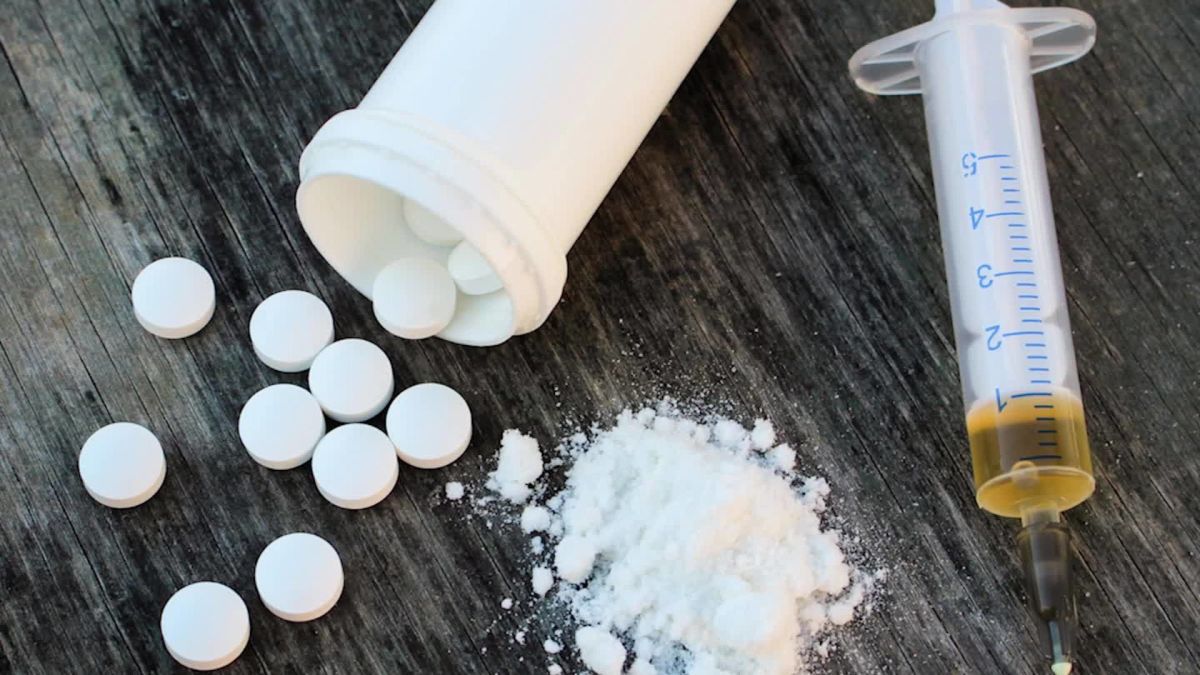A planned 31% reduction in drug addiction treatment programs could have a "potentially calamitous" effect, two Democratic state lawmakers on Wednesday warned.
The cuts to treatment programs come as the state is considering broad-based decreases in spending amid the coronavirus pandemic, which has created an economic crisis and shrunken revenue for the state.
But the move also comes as the pandemic has coincided with a rise in overdose-related deaths, which are being blamed on a variety of factors: Stay-at-home orders, stress and the closure of some hospital-based programs for combating opioid use.
The lawmakers, Assemblywoman Linda Rosenthal and Sen. Peter Harckham, chair the Assembly and Senate Alcoholism and Drug Abuse committees.
“In lean times, people often say ‘we must cut the fat,’” Rosenthal said in a statement. “The problem is, drug and alcohol treatment providers have been subsisting on starvation budgets for years, and there is simply no fat left to cut. A 31% cut for addiction treatment providers at a time when overdose deaths are increasing will mean more people will die from preventable overdoses as community-based treatment providers are forced to close their doors."
Gov. Andrew Cuomo has pushed for direct aid from the federal government to bolster the state's finances. But already, local governments have had millions of dollars in state aid withheld. Schools and health care systems are also expected to lose millions in state funding.
For now it's not yet clear when another federal stimulus measure will be approved by Congress.
But the lawmakers warned that for people with addiction problems there may not be time.
“It is certain that substantial decreases in funding to valuable, community-based treatment programs will add a great deal of woe to residents who need more help, not less, during this medical emergency,” Harckham said. “With our most vulnerable neighbors and loved ones especially at risk right now, we simply need to face these challenges together. Effective treatment options should receive the proper support they require.”



